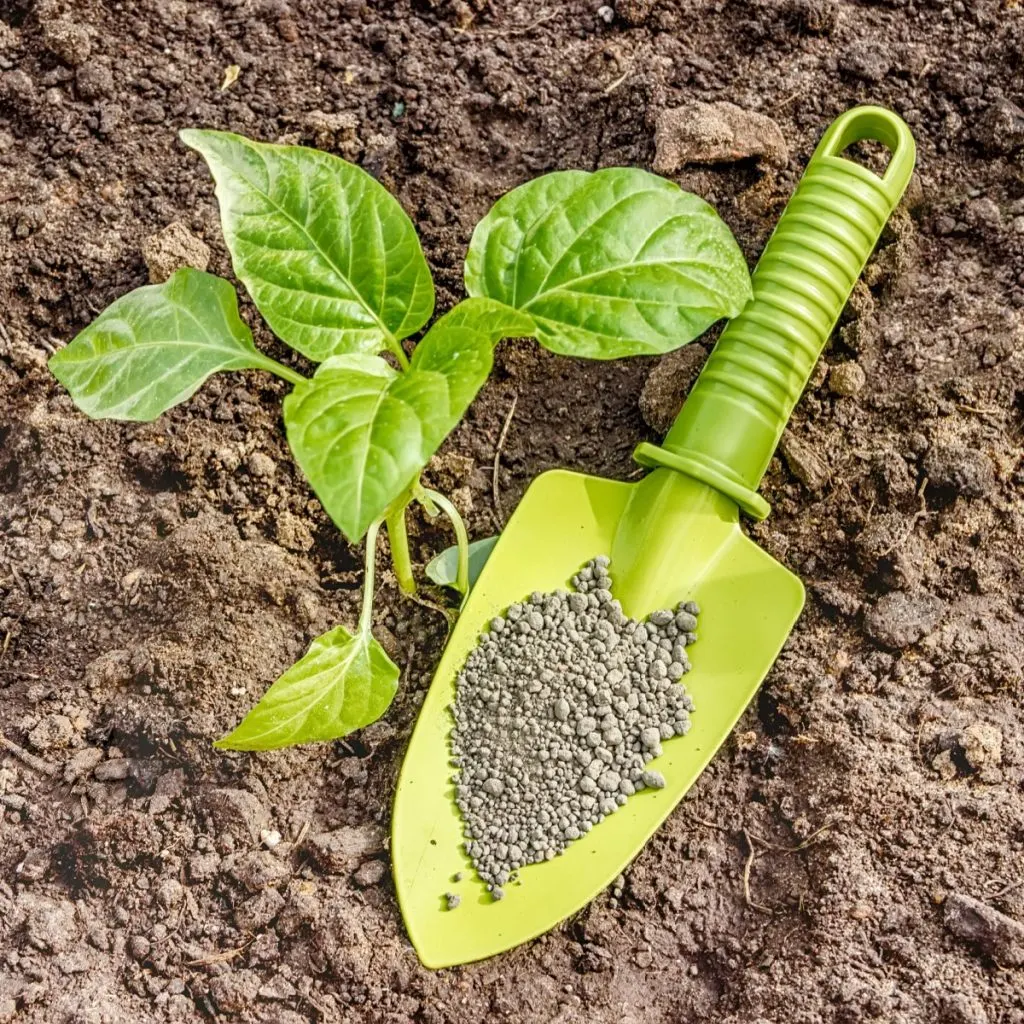Discover the Best Fertilizers for Peppers and Enhance Your Garden's Yield
Discover the Best Fertilizers for Peppers and Enhance Your Garden's Yield
Blog Article
Organic Vs. Synthetic Fertilizers: Which Is Best for Supporting Healthy And Balanced Pepper Plants?
In the realm of nurturing healthy pepper plants, the choice between artificial and natural fertilizers stands as a pivotal choice with far-reaching ramifications. While both alternatives aim to give important nutrients to support plant growth, the subtleties of their impact on the soil, plant wellness, and the atmosphere stimulate a discussion that mirrors throughout the horticulture area. Recognizing the distinct advantages and possible mistakes of each fertilizer kind is important for pepper growers seeking to maximize their returns while preserving a lasting and eco-conscious technique.
Advantages of Organic Fertilizers
Organic plant foods use a lasting and environmentally-friendly approach to nourishing pepper plants, giving necessary nutrients without the usage of synthetic chemicals. These all-natural plant foods are originated from natural resources such as compost, manure, bone meal, and seaweed, promoting soil wellness and biodiversity. Unlike artificial fertilizers, natural choices launch nutrients slowly, making sure a balanced and stable supply for pepper plants to flourish.
One considerable benefit of organic fertilizers is their capacity to improve soil framework and water retention. By boosting soil health and wellness, natural plant foods advertise valuable microbial activity, which aids in nutrient uptake by pepper plants. In addition, natural fertilizers minimize the danger of chemical run-off, safeguarding water sources from pollution and safeguarding the environment.
Furthermore, natural plant foods contribute to lasting soil fertility by advertising the growth of valuable soil organisms. These organisms help break down raw material, launching nutrients in a type that is conveniently available to pepper plants. best fertilizers for peppers. By fostering a healthy dirt environment, organic plant foods sustain sustainable pepper farming practices that benefit both plants and the atmosphere
Disadvantages of Synthetic Fertilizers
Artificial plant foods, in contrast to their natural counterparts, present different disadvantages when utilized to nurture pepper plants, influencing both plant health and wellness and ecological sustainability. One significant disadvantage of synthetic fertilizers is their tendency to seep nutrients from the dirt quickly.
Moreover, the overuse of artificial fertilizers can add to water pollution. Excess fertilizers not absorbed by plants can remove right into water bodies, leading to eutrophication, where algae blooms diminish oxygen levels in the water, hurting marine life. Moreover, synthetic plant foods are typically stemmed from non-renewable resources, such as nonrenewable fuel sources, adding to carbon emissions and environmental degradation during their manufacturing.
Nutrient Absorption Comparison
When contrasting synthetic and organic fertilizers in terms of nutrient absorption, organic fertilizers have the benefit of providing a more well balanced and slow-release source of nutrients. Organic plant foods contain a his response selection of macro and micronutrients that are not only useful for the plants however additionally advertise healthy and balanced soil microbial activity, which helps in nutrient uptake.
Furthermore, organic fertilizers enhance dirt framework and water retention capability, enabling pepper plants to access nutrients much more successfully. This better dirt quality helps with origin development, allowing much better nutrient absorption. Artificial plant foods, although initially increasing plant growth as a result of their high nutrient focus, might prevent lasting nutrient absorption by degrading dirt health over time.
Environmental Influence Factors To Consider

On the other hand, synthetic fertilizers, although frequently more focused and promptly available to plants, can have detrimental effects on the setting if not applied effectively (best fertilizers for peppers). Their production needs high power inputs, leading to greenhouse gas exhausts and contributing to climate adjustment. The overflow of excess artificial fertilizers can pollute water resources, leading to eutrophication and damaging water communities.
Ideal Fertilizer Practices for Peppers
When fertilizing pepper plants, maximizing nutrient uptake and reducing environmental impact are vital considerations. To attain this, it is vital to follow finest plant food methods tailored to the specific demands of pepper plants. One important technique is to perform a dirt test before using any plant foods. This examination can determine the pH level of the dirt and identify any type of nutrient deficiencies, guiding you in picking one of the most suitable fertilizer solution.
Another crucial method is to feed pepper plants at the correct time. Commonly, peppers gain from getting plant food directory at growing and then once again when they begin to flower. Over-fertilizing can result in nutrient inequalities and hurt the plants, so it is vital to comply with suggested application prices.
Furthermore, picking a well balanced fertilizer with an NPK proportion that matches pepper plants' demands is basic. Eventually, combining artificial and organic fertilizers sensibly can aid support healthy and balanced pepper plants while lessening environmental impact.
Verdict

Organic fertilizers use a sustainable and environmentally-friendly strategy to beneficial pepper plants, supplying necessary nutrients without the use of synthetic chemicals. Unlike artificial fertilizers, organic options release nutrients gradually, guaranteeing a consistent and balanced supply for pepper plants to grow.
Artificial fertilizers, in contrast to their natural counterparts, position numerous downsides when made use of to nourish pepper plants, influencing both plant health and environmental sustainability. When contrasting synthetic and natural plant foods in terms of nutrient absorption, natural fertilizers have the benefit of giving a more well balanced and slow-release resource of nutrients.Furthermore, organic fertilizers improve dirt framework and water retention ability, allowing pepper plants to access nutrients extra effectively.
Report this page